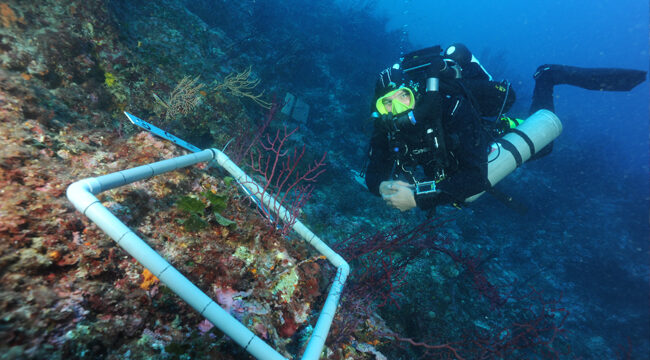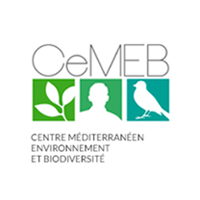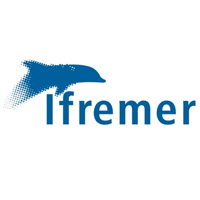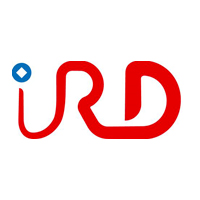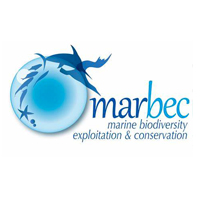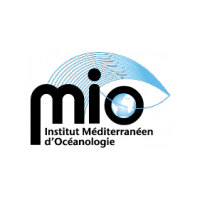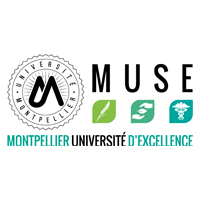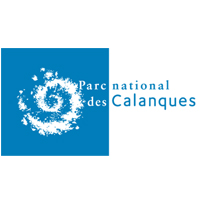OBJECTIVES
Global change goes along with massive mortality episodes of invertebrates fixed on hard substrates at depths of up to 50 m in tropical and temperate regions. This project aims to characterize the environment of the yellow gorgonian, Eunicella cavolini, a key species of the Mediterranean coralligenous ecosystem, to initiate its monitoring, as well as to study the connectivity (gene flow) along a bathymetric gradient (20-100 m depth) within the Calanques National Park. This project will demonstrate the feasibility of a deep-zone observatory by combining experienced human resources and instruments adapted to this zone.
DESCRIPTION
Global change (climate crisis and direct anthropogenic impacts) leads to episodes of massive mortality of species fixed on hard substrates (coralligenous) in the 5-50 m zone, with differential mortality depending on depth. Access to the areas concerned, sensors installation for measuring environmental parameters, as well biodiversity monitoring is only possible by the immersion of scientific divers. Until recently, scientific monitoring has been mainly limited in this area. This is due on the one hand to the material and technical limits to accessing it and on the other hand to the French regulations in force.
The objective of Deep Heart is to provide an inventory of the diversity of deep coralligenous communities (50-75 m), in order to analyze the connectivity between deep communities and shallower waters (5-50 m) and to test the existence of potential refuge areas. On the other hand, Deep Heart proposes to raise awareness and involve the community of recreational deep divers, associations and nature protection professionals through participatory science.
In the end, Deep Heart will help to study and integrate the effect of environmental variability on the genetic diversity and connectivity (gene flow) of the yellow gorgonian, E. cavolini. This will be carried out along a bathymetric gradient including the 50-75 m zone in the Calanques National Park in Marseille.
Drawing on their experience in the field, marine biologists and professional divers from Septentrion Environnement offer their scientific and field skills to support Deep Heart. The project relies on the technical platform of the structure, from the implementation of the protocol, the hyperbaric operations to the photogrammetric surveys in deep environments.
Focus on the protocol
The protocol designed by the joint teams of MARBEC, IFREMER and MIO focused on:
1) Instrumenting the stations (sites) with a beacon specially developed within the framework of the project with multiparameter sensors for a fine monitoring of the habitat at great depth (temperature, salinity, luminosity, current, chlorophyll, along a bathymetric gradient including 5 depths (20 to 75 m) ,
2) Establish a genetic diversity inventory (30 colonies per site) and the degree of connectivity (gene flow) to understand the dispersal and recolonization capacities of the species along the bathymetric gradient,
3) To initiate a network of citizen sciences in deep recreational diving in order to establish a long-term monitoring of the biodiversity of the deep communities of the coralligenous ecosystem,
4) To make available the acquired data within existing information systems already established by the partners in an open data logic.
